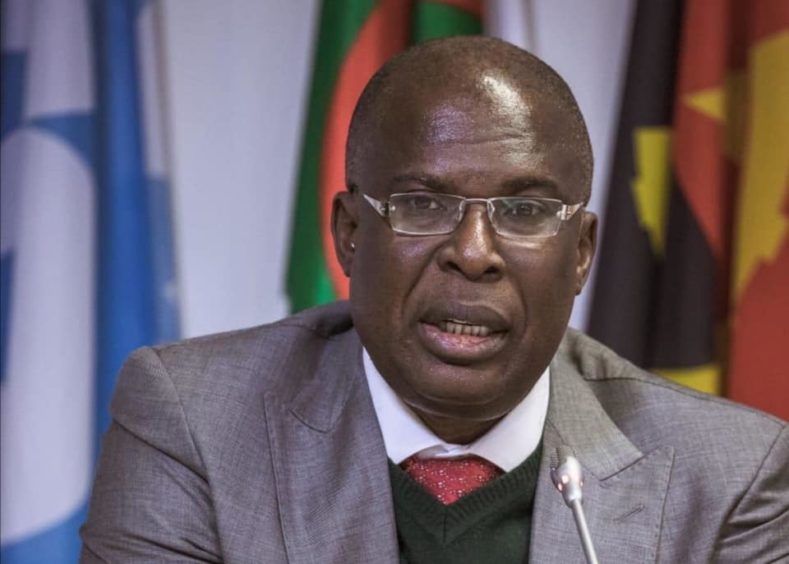
The Nigeria Gas Transportation Network Code (NGTNC) is officially up and running.
This marks an important step in making 2020 the year of gas.
Nigerian Minister of State for Petroleum Resources Timipre Sylva said the network code “would deepen the domestic gas market. It will also unleash the potentials of accelerated growth and economic development for our nation.”
The new regulations should “enable improved gas supply to power, growth of gas-based industries, domestic LNG, LPG and CNG penetration, as well as enhance revenue to the government and create investment opportunities for our people”.
The NGTNC was launched in February, with six months for legacy agreements to migrate.
An online launch for the code was held on August 10. The Department of Petroleum Resources (DPR) said the NGTNC was an anchor programme for the country’s gas plans. The other two parts of this are the National Gas Expansion Programme (NGEP) and Nigerian Gas Flare Commercialisation Programme (NGFCP).
The DPR will use its Network Code Electronic Licensing and Administrative System (NCELAS) to process and issue licences.
The agency’s director Sarki Auwalu said the code would “guide the rules that governs [the] gas transportation system, secure gas transmission and ensure cost effective tariff for the pipeline management. The code will also help boost growth in the sector and six months from now, we will witness a lot of achievement.”
Doing their best
Nigerian National Petroleum Corp.’s (NNPC) Nigeria Gas Co. (NGC) signed a framework agreement on gas transportation. Sheyin Omotola represented NGC. Dangote Fertiliser’s Mansur Ahmed and Gas Hub’s David Ige also signed.
Dangote’s Ahmed said the NGTNC was a step in the right direction for Nigeria’s gas sector. “We will do our best and stand with DPR to ensure that things are done properly for the growth of the sector,” he said.
The code intends to ensure fair access to the pipeline network, promote gas trading and extend the provision of gas in Nigeria.

